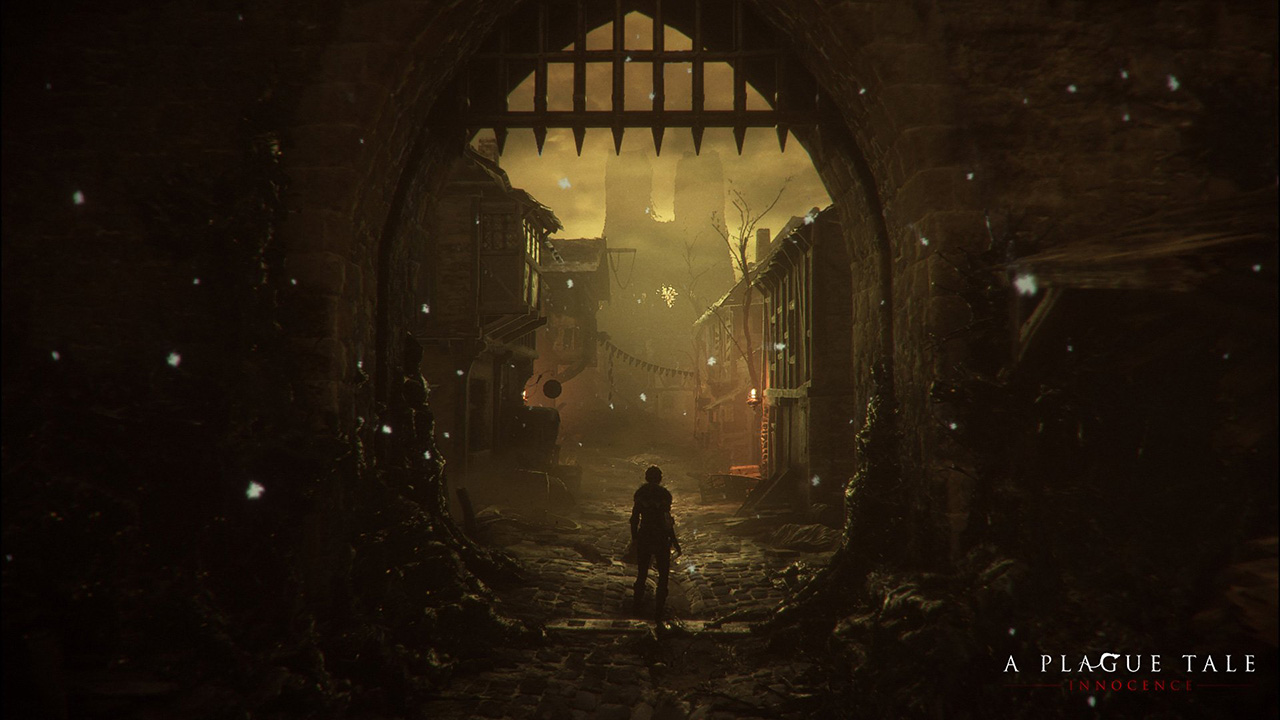| Product | IDE version | Solution version(s) | Platform toolset | _MSC_VER |
|---|---|---|---|---|
| Visual Studio 2022 | 17.0 | ? | v143 | ? |
| Visual Studio 2019 | 16.0 | ? | v142 | ? |
| Visual Studio 2017 | 15.0 | 12.0 | v141 | 1910 |
| Visual Studio 2015 | 14.0 | 12.0 | v140 | 1900 |
| Visual Studio 2013 | 12.0 | 12.0 | v120 | 1800 |
| Visual Studio 2012 | 11.0 | 12.0 | v110 | 1700 |
| Visual Studio 2010 | 10.0 | 11.0 | v100 | 1600 |
| Visual Studio 2008 | 9.0 | 10.0 | v90 | 1500 |
| #include <Windows.h> | |
| #include <iomanip> | |
| #include <iostream> | |
| #pragma comment(lib, "dxguid.lib") | |
| #define DIRECTINPUT_VERSION 0x700 | |
| #include <dinput.h> |
| #the following settings will alleviate or outright prevent shader stutter | |
| #with the downside of taking up more GPU memory, hence it may not benefit | |
| #GPUs with insufficient VRAM | |
| #for UE2 engine titles edit the main config ini file | |
| #(e.g. Unreal2.ini) to add/change the below lines: | |
| [D3DDrv.D3DRenderDevice] | |
| UsePrecaching=True | |
| AvoidHitches=True |
| // Copyright (c) 2021 Advanced Micro Devices, Inc. All rights reserved. | |
| // | |
| // Permission is hereby granted, free of charge, to any person obtaining a copy | |
| // of this software and associated documentation files (the "Software"), to deal | |
| // in the Software without restriction, including without limitation the rights | |
| // to use, copy, modify, merge, publish, distribute, sublicense, and/or sell | |
| // copies of the Software, and to permit persons to whom the Software is | |
| // furnished to do so, subject to the following conditions: | |
| // | |
| // The above copyright notice and this permission notice shall be included in |
| // ==UserScript== | |
| // @name Origin Helper | |
| // @author anadius | |
| // @namespace anadius.hermietkreeft.site | |
| // @homepageURL https://anadius.su/origin-helper | |
| // @match *://www.ea.com/* | |
| // @version 3.0.0 | |
| // @icon https://user-images.githubusercontent.com/8550471/187077252-2905e2dc-3241-4946-b1b3-f845a337d766.png | |
| // @icon64 https://user-images.githubusercontent.com/8550471/187077254-476758f1-b784-45bf-a484-18d3ac704e44.png | |
| // @grant GM.xmlHttpRequest |
| #include <iostream> | |
| #include <cmath> | |
| // Sample of an optimizer bug in Visual Studio 2003 - 2019 (or more) | |
| // | |
| // Compiling this program in Release (/O1, /O2 or /Ox and LTCG) in both x86 and x64 | |
| // configurations produces a different output from unoptimized (Debug) configurations. | |
| // | |
| // Expected output: 709 | |
| // Produced output: 31 |
WARNING: Article moved to separate repo to allow users contributions: https://github.com/raysan5/custom_game_engines
A couple of weeks ago I played (and finished) A Plague Tale, a game by Asobo Studio. I was really captivated by the game, not only by the beautiful graphics but also by the story and the locations in the game. I decided to investigate a bit about the game tech and I was surprised to see it was developed with a custom engine by a relatively small studio. I know there are some companies using custom engines but it's very difficult to find a detailed market study with that kind of information curated and updated. So this article.
Nowadays lots of companies choose engines like [Unreal](https:
I need to clarify when I refer to TDecimate I'm referring to both TDecimate and VDecimate (which is a port of it to VapourSynth)
Time and time again I see people using this function to decimate for inverse-telecine purposes but I implore you to continue reading this and use an alternative decimation method.
Simply put, it's far too inaccurate and it is ruining a lot of encodes.
I started with a Windows 10 Enterprise Evaluation VM, version 1809, from here: https://developer.microsoft.com/en-us/microsoft-edge/tools/vms/ Then I installed the needed tools:
- Install Visual Studio Community 2019 Edition from https://visualstudio.microsoft.com/downloads/, version 16.4.2. Make sure to install the Desktop development for C++ workload.
